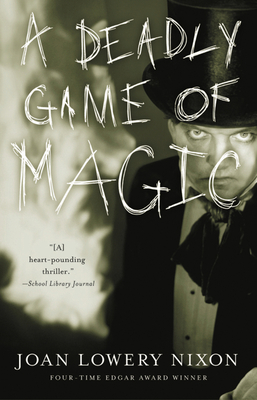
Tellinger, Michael
product information
description
5Were humans created by "god" as SLAVES? Was Abraham the first human SPY? Was Jesus an accidental MESSIAH? Michael Tellinger takes the readers on a remarkable odyssey of the true origins of humankind. He masterfully weaves together a very different tale of our origins, by connecting the dots between history, archaeology, mythology, religion, scientific breakthrough, genetics and the startling information derived from the Sumerian clay tablets. He points out the critical difference between the GOD with a big G and the gods with a small g, clearing up millennia of confusion and conflict in the name of God. In Slave Species of god - Tellinger achieves the following: - draws clear and startling analogies between new discoveries in genetic engineering and ancient archaeological finds... - highlights emerging scientific information overlooked in the past... - unravels the Bible's often obscure stories by linking these to their original forms in Sumerian clay tablets and other prehistoric writings... - provides explicit answers to why our modern world has become so senseless and chaotic by revealing the very secrets of our prehistory... While shattering myths about evolution and God, Slave Species of god enables evolutionists and creationists to finally co-exist in one pond. The arguments are compelling, simple and refreshing, retracing the path of human evolution from the murky distant past to the religious dogma that haunts humankind today. The question of who we are and where we come from takes on a new meaning as we discover that our DNA may have been manipulated by our CREATOR some 250 000 years ago to produce a less intelligent 'primitive species'. Tellinger delivers compelling evidence that Adam and Eve were not the 'apple' of God's eye as first suggested in Genesis. Tellinger presents the many arguments and evidence succinctly and convincingly, pointing out the difference between 'GOD' and god. How did this genetic manipulation affect humankind? How have we evolved in 250 000 years? Can we achieve immortality? These are just some of the questions answered in this gripping and astonishing work, challenging all those who are looking for new answers in the 21st century.
member goods
No member items were found under this heading.
Return Policy
All sales are final
Shipping
No special shipping considerations available.
Shipping fees determined at checkout.







